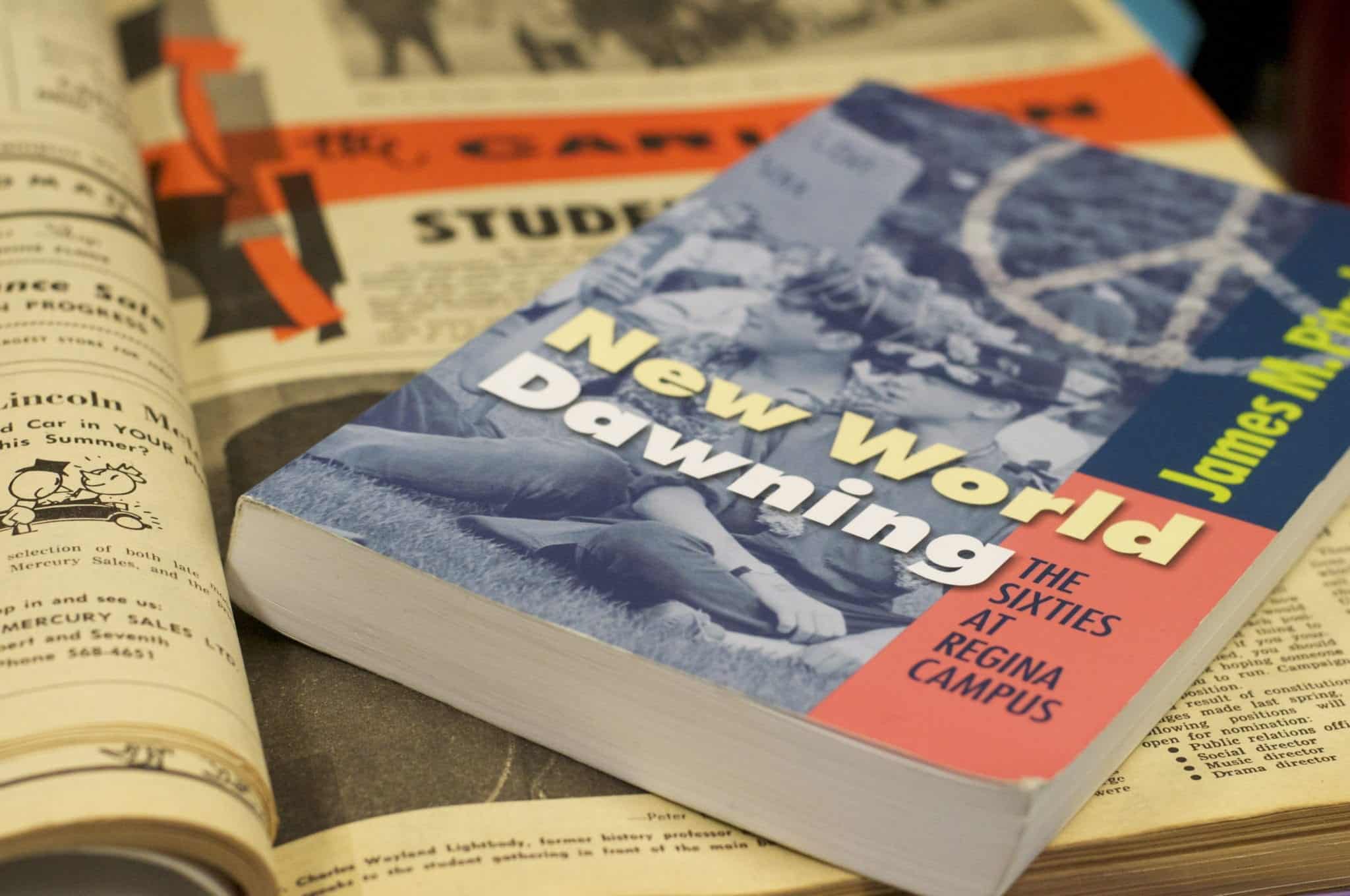
Increasingly powerful writing tools call into question what ‘my work’ really is
ChatGPT is a chatbot that writes essays and even computer code in a very similar manner to real people, which has been causing it to make headlines. Everything from email replies, coding malware, school assignments, or even using it to flirt on Tinder have been brought up as potential malicious uses.
While I do think that there is legitimate concern over some of these uses, especially when the chatbot is used to produce harmful content – the plagiarism concerns specifically – bring up an interesting question about what ‘my work’ really is.
To understand this, we have to seriously consider what ‘I’ am, and that’s not exactly simple. An easy answer that one might give is that my brain is me. However, there’s a huge amount of input and processing done elsewhere in my body. Even non-neuronal systems impact my thoughts, feelings, and actions drastically, such as the adrenaline released from my adrenal glands. Though if we’re willing to accept that the adrenaline which impacts my thinking so drastically has to be a part of me, what about the chemicals that originate from outside of my body that have similarly drastic effects on my cognition?
Thinking even more abstractly, a large part of what we are is information processing. Again, the information we have and what we do with that information isn’t limited to what is solely in our brains. For example, even with simply pen and paper I can store a bunch of information externally from my brain and retrieve that information at my leisure. It’s analogous to how a computer can store information on an external hard drive. Although, once that hard drive is plugged into my laptop, is it a part of the system or separate from it? Am I the same person when I have my notes as when I don’t have my notes?
Let’s bring it back to plagiarism and writing essays. Before computers, people wrote essays by hand, and used the information they had available at their local libraries. Now, in 2023 when I’m writing an assignment, it isn’t just ‘me’ writing. To form ‘my’ ideas, I first use search engines to narrow down sources. I’ll then collate and collect these sources in a digital library that is part of a citation manager app to keep track of all the information for me. Then I start typing, and while I’m doing that, MS Word is changing my spelling, grammar, and even refining clunky phrasing. Once I’m done the assignment, my citation manager formats all the citations I’ve used and automatically organizes the bibliography of my assignment. Now, with the advent of chatbots, I’ve even added an extra step to some assignments, where I debate ChatGPT to see which of my arguments hold up to scrutiny. Sometimes I even get it to give me an initial primer on a new topic. Yet, this entire writing process is considered ‘my work’ and violates no plagiarism rules.
To be clear, this writing process automizes: much of the searching that used to be done manually in libraries, a significant portion of copyediting, notetaking, referencing, formatting, and even refining my arguments. ChatGPT takes this only one step further. Now, as long as the user at the helm can come up with good prompts, edit the chatbot’s output, and make some additions here and there, much of the other work of writing could be automated as well.
At some point in this succession we’ve decided that the work is no longer ‘mine,’ as if we actually understood what ‘mine’ is. I would argue that much of the reaction to this chatbot has been a result of our misunderstanding of the self. We have always been interconnected with our environment and the tools we use, and as I’ve tried to demonstrate, even our mental processes and our thoughts themselves aren’t separate.
The self shouldn’t be understood as an impermeable barrier that stops at our skin, or a mind separate from a body, or a brain separate from external cognitive tools. To use the metaphor of Alan Watts, the self is like an onion; it has a multitude of layers, but no one layer is the absolute boundary.
In a world where computational tools and even artificial intelligence is becoming increasingly integrated into our lives, the inadequacy and contradictions inherent in the view of ourselves as just our bodies is becoming increasingly obvious. So much so that the simple act of writing begs the question, who am I?








